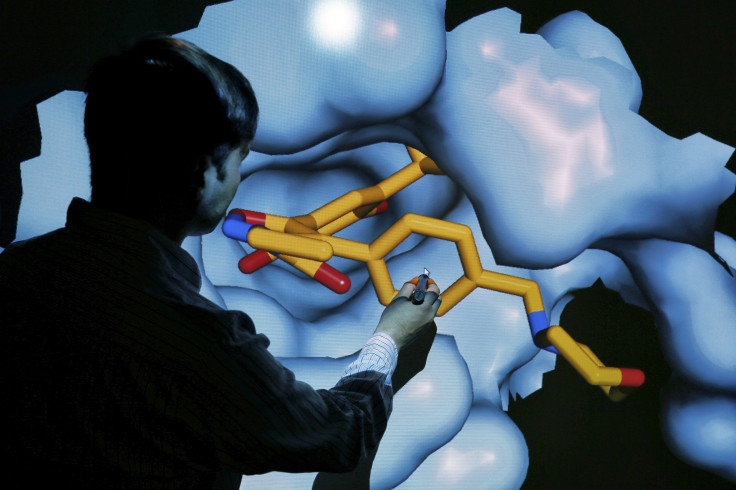Breakthrough cancer drug kills antibiotic-resistant superbugs as well as deadly viruses from Ebola to HIV

A breakthrough cancer therapy has destroyed drug-resistant superbugs. The experimental drug killed not only the superbugs but also a range of deadly viruses from Ebola to HIV. Scientists believe that the compound is a promising one that can be used as universal flu treatment and has the ability to wipe out infectious bacteria that cannot be treated with conventional medicines.
The cancer drug was able to break down the machinery of cancers and viruses in damaged cells but did not harm the rest of the body. Laboratory results have been so promising that a pharmaceutical company is planning to start clinical trials against untreatable HIV cases by bringing the drug to the UK.
Even the US army is backing a project wherein the drug would be used as a last resort for viral epidemics such as Ebola. The drug may even be turned into a weapon against antibiotic-resistant bacteria such as E. coli and MRSA.
Researchers at the Virginia Commonwealth University (VCU) found out that the drug targets fundamental aspects of diseases and acts as a universal treatment for mumps to measles to deadly bacteria. The drug was discovered about a decade ago by a scientist at the Ohio State University while experimenting with the painkiller Celebrex.
The drug has powerful anti-cancer properties and may be safely used in tablet form to cure solid tumours. He drug has already been approved in the UK for treating rare bacterial and yeast infections.
The study, published in the Journal of Cellular Physiology, revealed the drug hits “chaperone” proteins that act as mufflers and stop cancerous or infected cells from breaking down and ejecting the material they need to reproduce. The moment the proteins break up, an innate stress response make the cells eat themselves to death, writes The Australian.
The researchers proved the drug to be effective against almost all types of viruses such as yellow fever, dengue, rubella and rabies. A separate study showed the drug to be effective in killing off drug-resistant “super-gonorrhoea” and weakening its defences against other antibiotics.
Arno Therapeutics, an American company having rights to the chemical, is planning the drug’s first clinical trial in Nottingham as an antiviral drug.





















